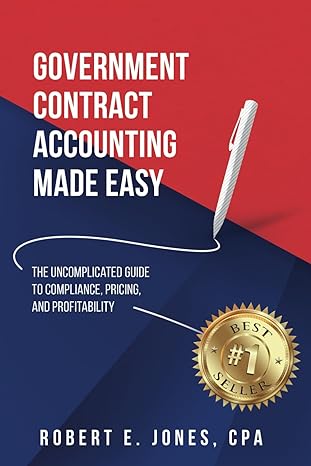Answered step by step
Verified Expert Solution
Question
1 Approved Answer
A manager must decide whether to monitor an employee or not. The employee will know whether or not the manager is monitoring them. After the
A manager must decide whether to monitor an employee or not. The employee will know whether or not the manager is monitoring them. After the manager decides whether or not to monitor, the employee will decide whether to work hard or to shirk. Manager Don't Monitor Monitor Employee Employee Work/ Shirk Work Shirk If the employee works, the manager benefits from accomplished tasks. If the work is done and the manager does not need to monitor, the manager's net payoff is 4. However, the time and effort of monitoring the employee will decrease that benefit (1). On the other hand, if the employee shirks, and the manager does not monitor the employee, it will be very costly to the manager to pay the employee without receiving any benefit (-8). If the employee shirks while the manager is monitoring them, the manager can avoid paying the employee who did not work- but the manager still has spent time and resources on monitoring (-3). From the employee's perspective: being paid by the manager amounts to a benefit of 8, but the effort of working reduces that benefit by -4. Therefore the employee's payoff is 8-4-4 from Work (whether or not the manager monitors them). But the payoff from Shirking is O if the manager monitors them (and catches them shirking), but 8 if the manager does not monitor the employee (so the employee gets away with it). Use backward induction to find the Subrame Perfect Nash Equilibrium, and describe each player's choice at each decision node (even if they don't employee without receiving any benefit (-8). If the employee shirks while the manager is monitoring them, the manager can avoid paying the employee who did not work- but the manager still has spent time and resources on monitoring (-3). From the employee's perspective: being paid by the manager amounts to a benefit of 8, but the effort of working reduces that benefit by-4. Therefore the employee's payoff is 8-4-4 from Work (whether or not the manager monitors them). But the payoff from Shirking is 0 if the manager monitors them (and catches them shirking), but 8 if the manager does not monitor the employee (so the employee gets away with it). Use backward induction to find the Subgame Perfect Nash Equilibrium, and describe each player's choice at each decision node (even if they don't have the chance to put that choice into action). O Manager: Monitor Employee: Work if monitored, Shirk if not monitored Manager: Monitor Employee: Work if monitored. Work if not monitored Manager: Monitor Employee: Shirk if monitored, Shirk if not monitored Manager: Don't Monitor Employee: Work if Monitored, Shirk if not monitored Manager: Don't Monitor Employee: Shirk if monitored. Work if not monitored Manager: Don't Monitor Employee: Work if monitored. Work if not monitored 2 points Firm 1 Firm 2 Firm 1 earns $400, Discount Firm 2 earns $400 Discount No discount Firm 1 earns $500, Firm 2 earns $0 No Discount Firm 2 Firm 1 earns $0, Discount Firm 2 earns $700 Firm 1 earns $100, No discount Firm 2 earns $100 Firm 2 No discount Firm 1 earns $100, Firm 2 earns $100 Apply backward induction to the game above. In the subgame perfect Nash equilibrium: Firm 1 offers a discount Firm 2 offers a discount if firm 1 does but not if firm 1 does not. Firm 1 offers a discount Firm 2 offers a discount whether or not firm 1 offers a discount Firm 1 offers no discount Firm 2 offers a discount whether or not firm 1 offers a discount. Firm 1 offers no discount Firm 2 offers no discount if firm 1 offers no discount but does offer a discount if firm 1 offers a discount
Step by Step Solution
There are 3 Steps involved in it
Step: 1

Get Instant Access to Expert-Tailored Solutions
See step-by-step solutions with expert insights and AI powered tools for academic success
Step: 2

Step: 3

Ace Your Homework with AI
Get the answers you need in no time with our AI-driven, step-by-step assistance
Get Started


